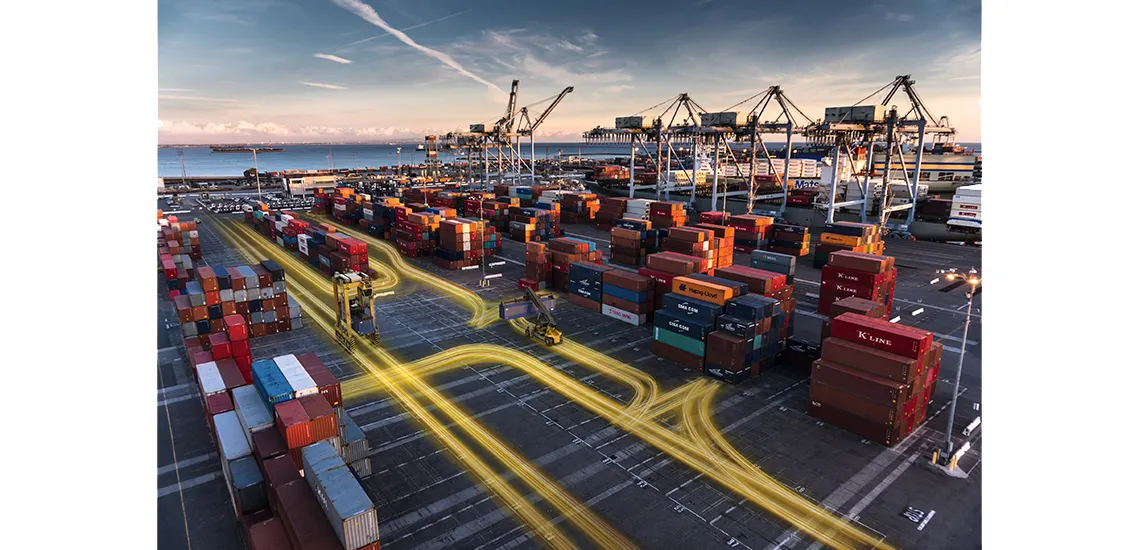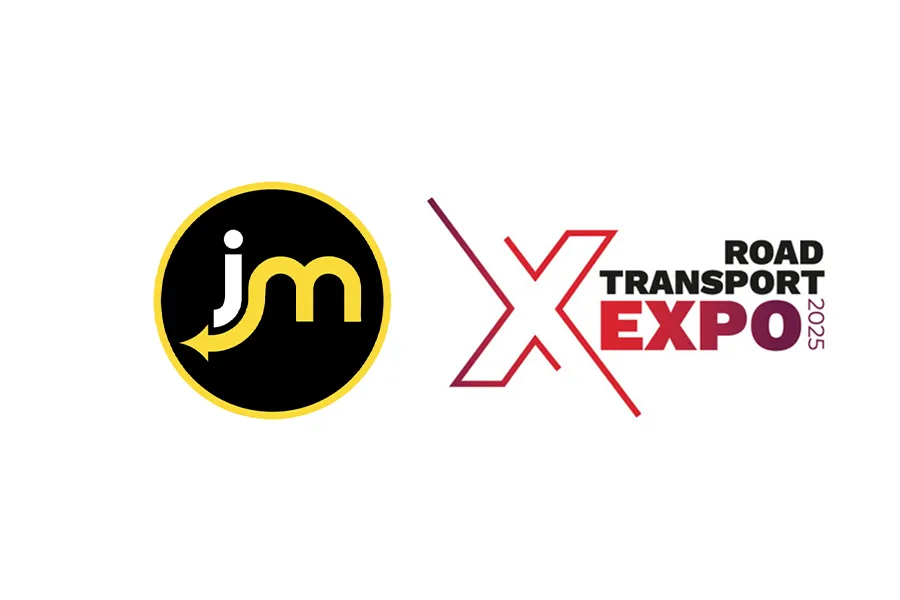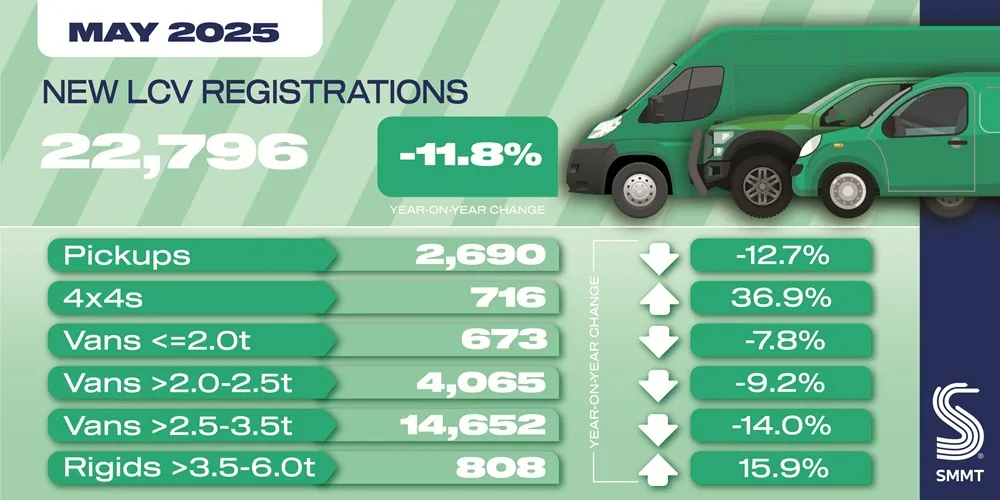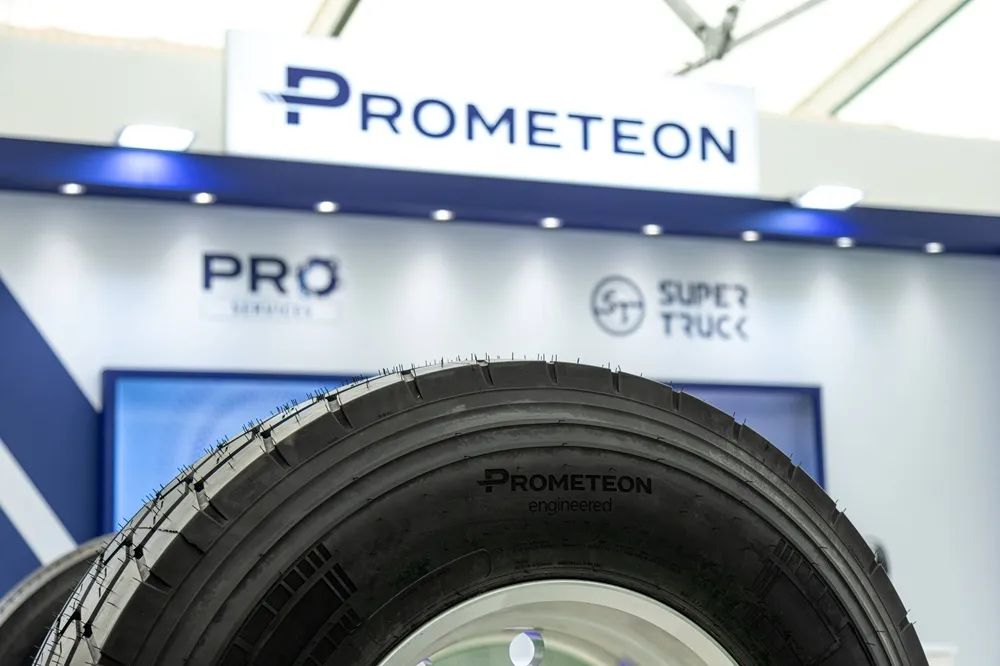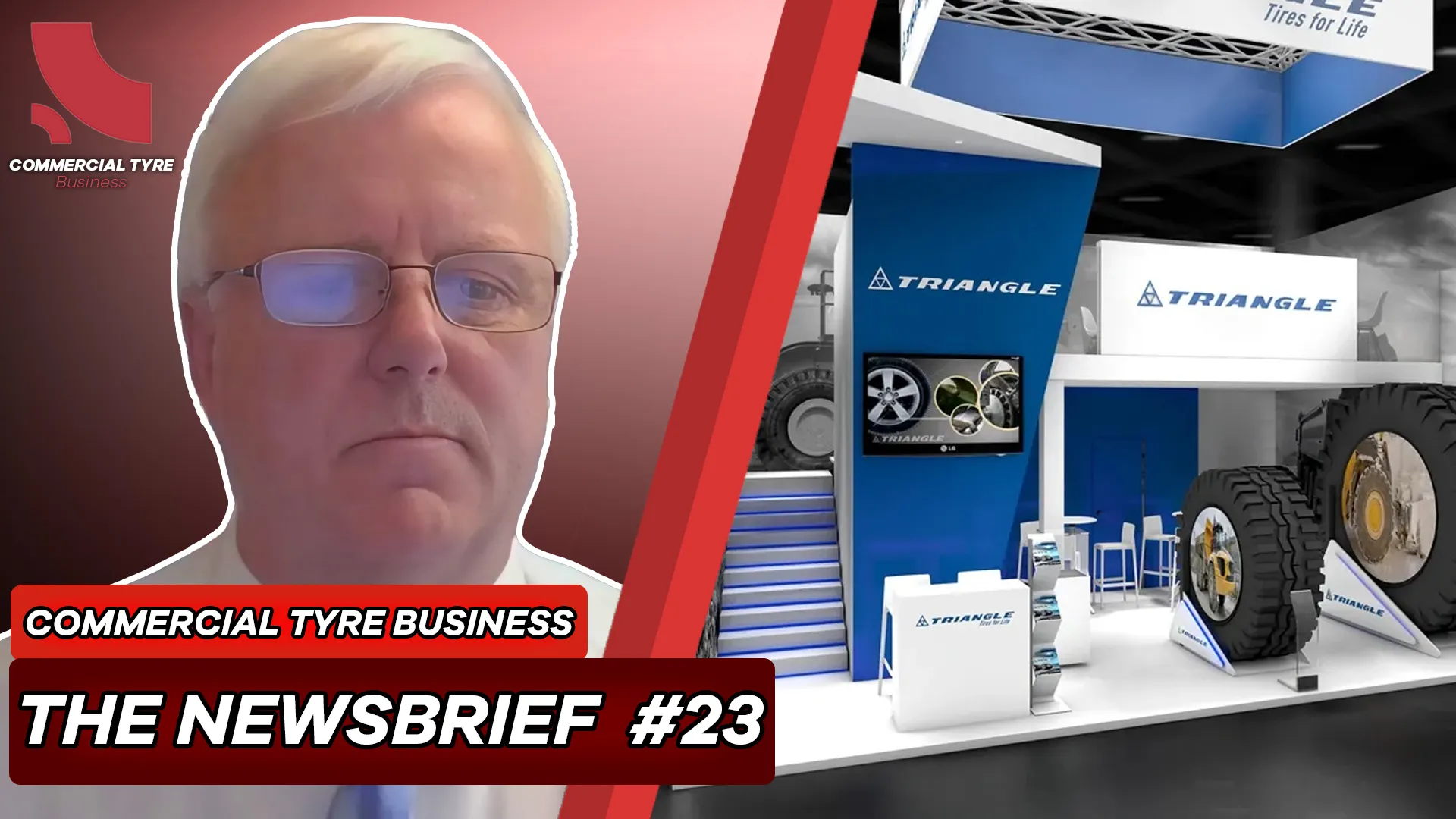Part 2 in the Commercial Tyre Business Industrial Tyres Feature concerns one of the leading tyre manufacturers in the form of Continental. Matthias Müller, Product Line Manager (Industrial Material Handling Tyres & Accessories) and Julian Alexander, Product Line Manager Material Handling Tyres (Port & Industrial Material Handling Tyres) for Continental gave up some of their valuable time to add Continental’s perspective on their strategy for industrial tyres.
Müller and Alexander Discuss COVID-19 Approach for Continental’s Industrial Tyres Division
To begin with, we looked at ...
Müller and Alexander Discuss COVID-19 Approach for Continental’s Industrial Tyres Division
To begin with, we looked at ...

